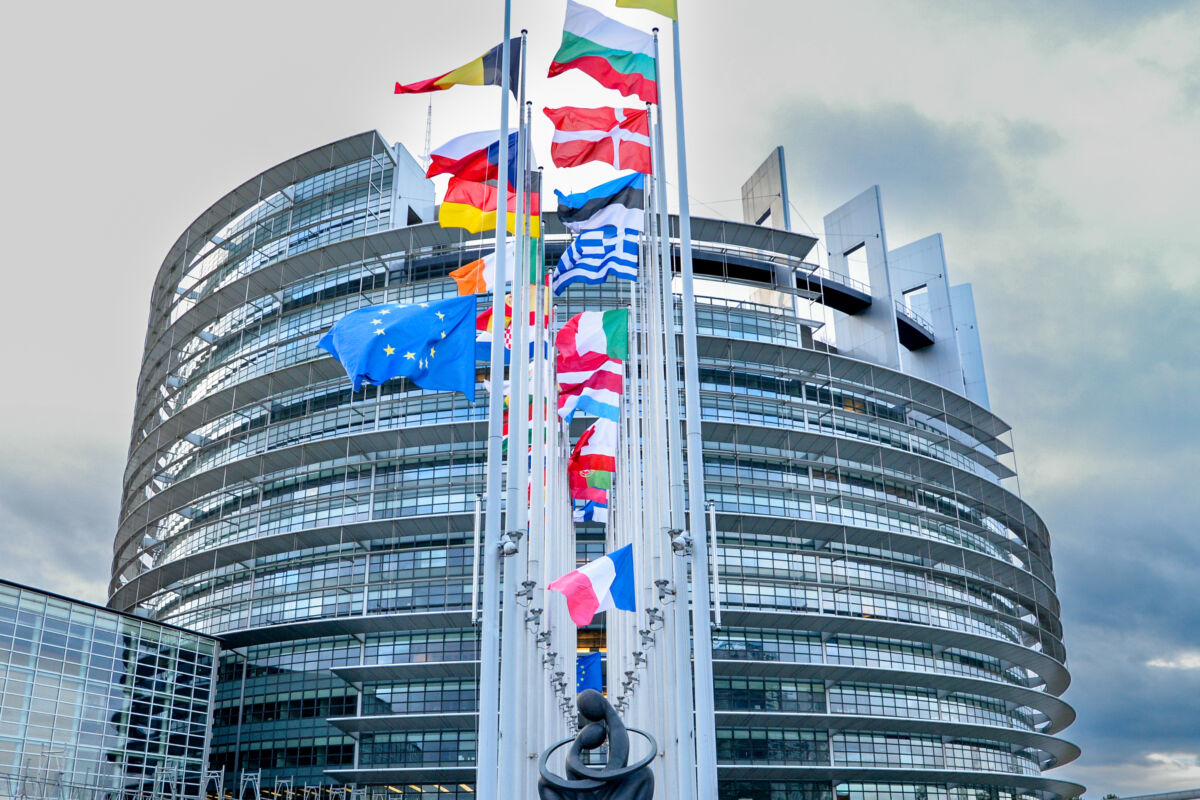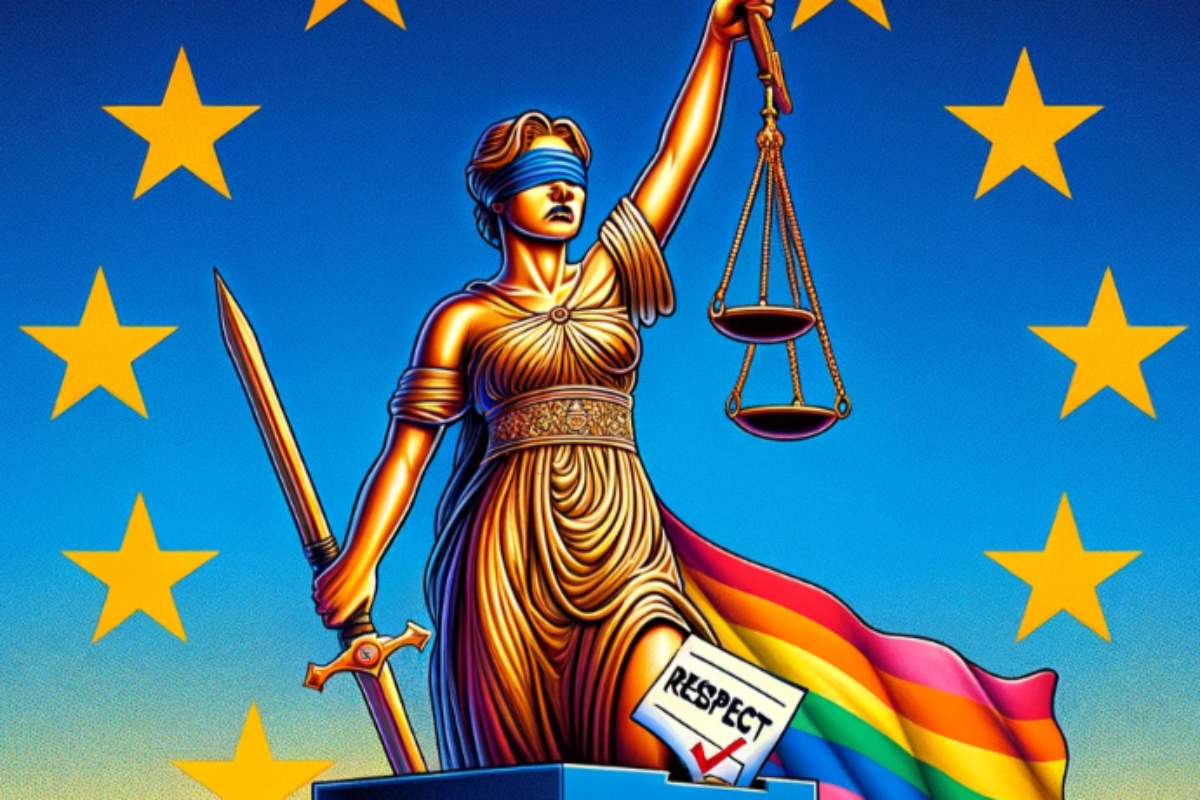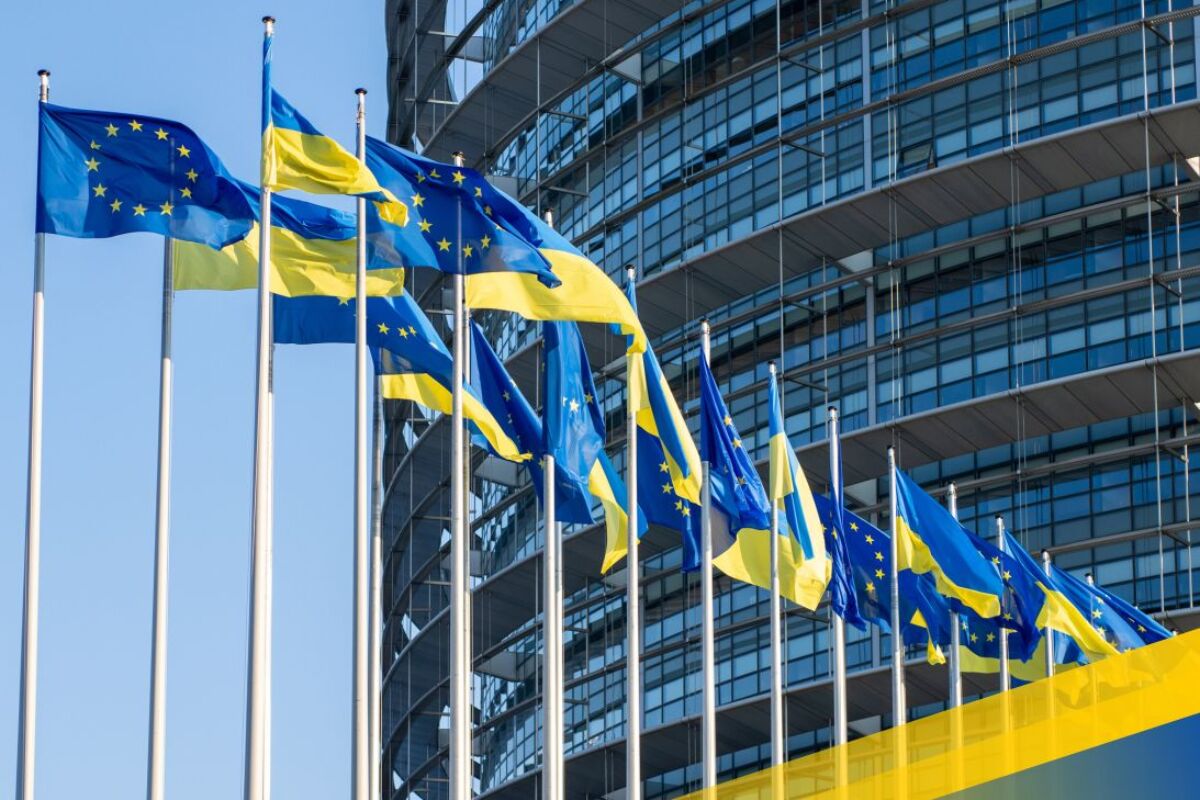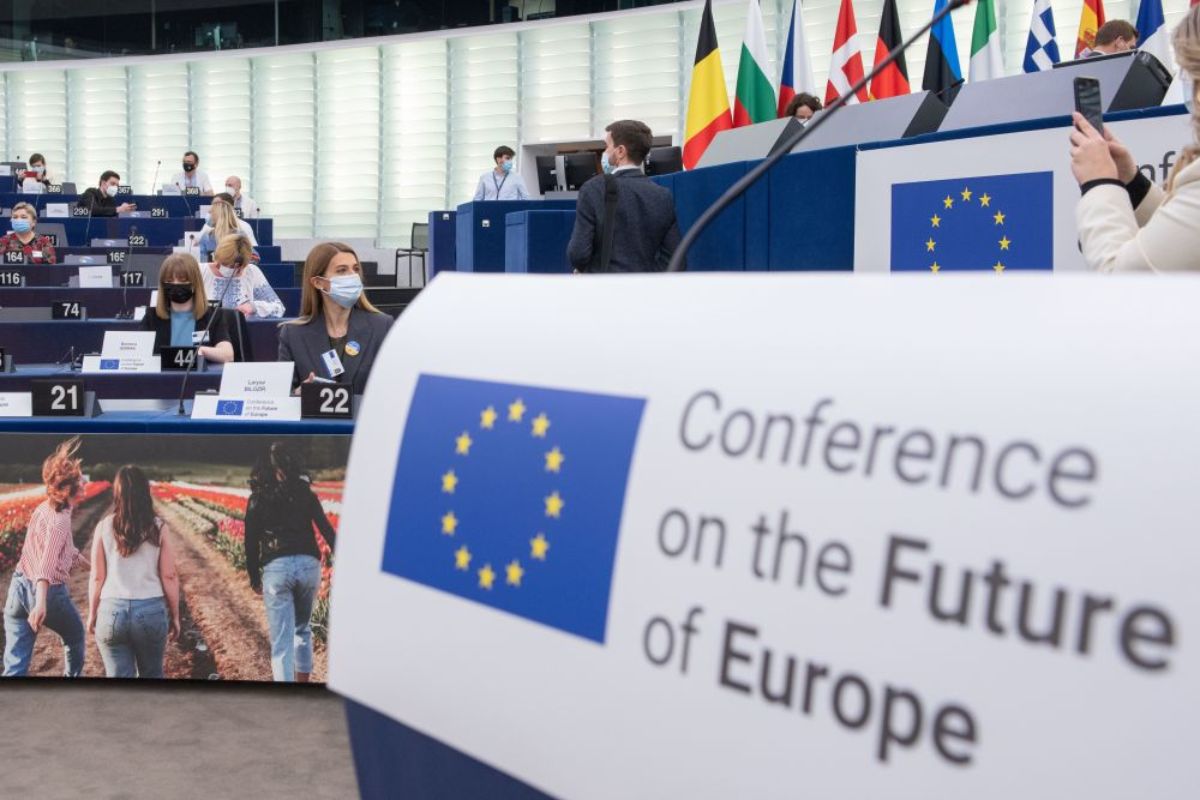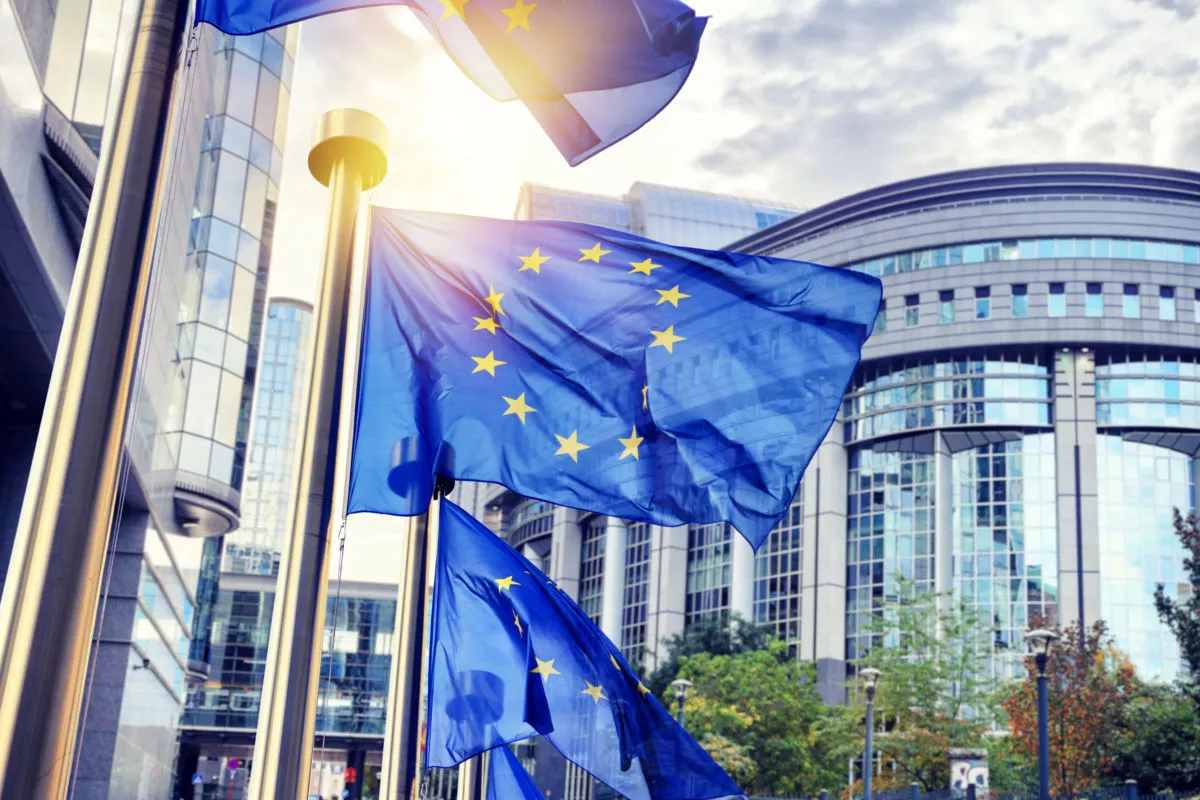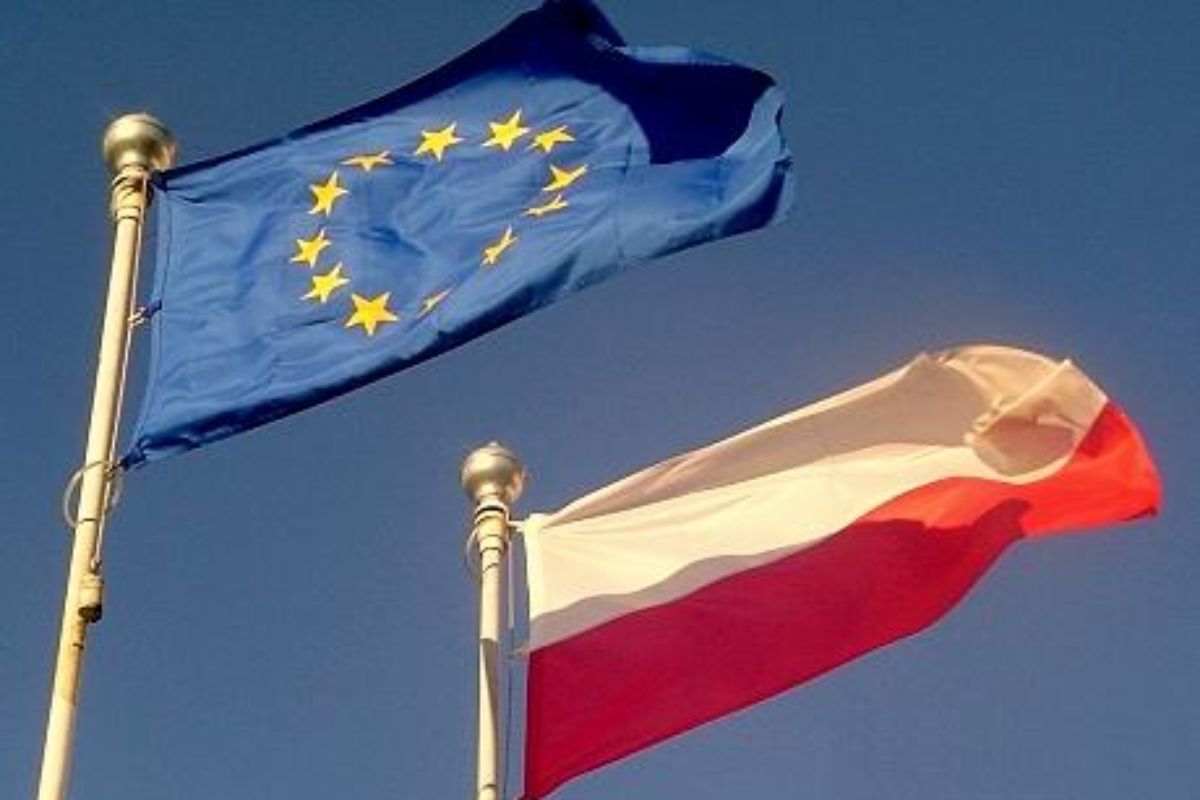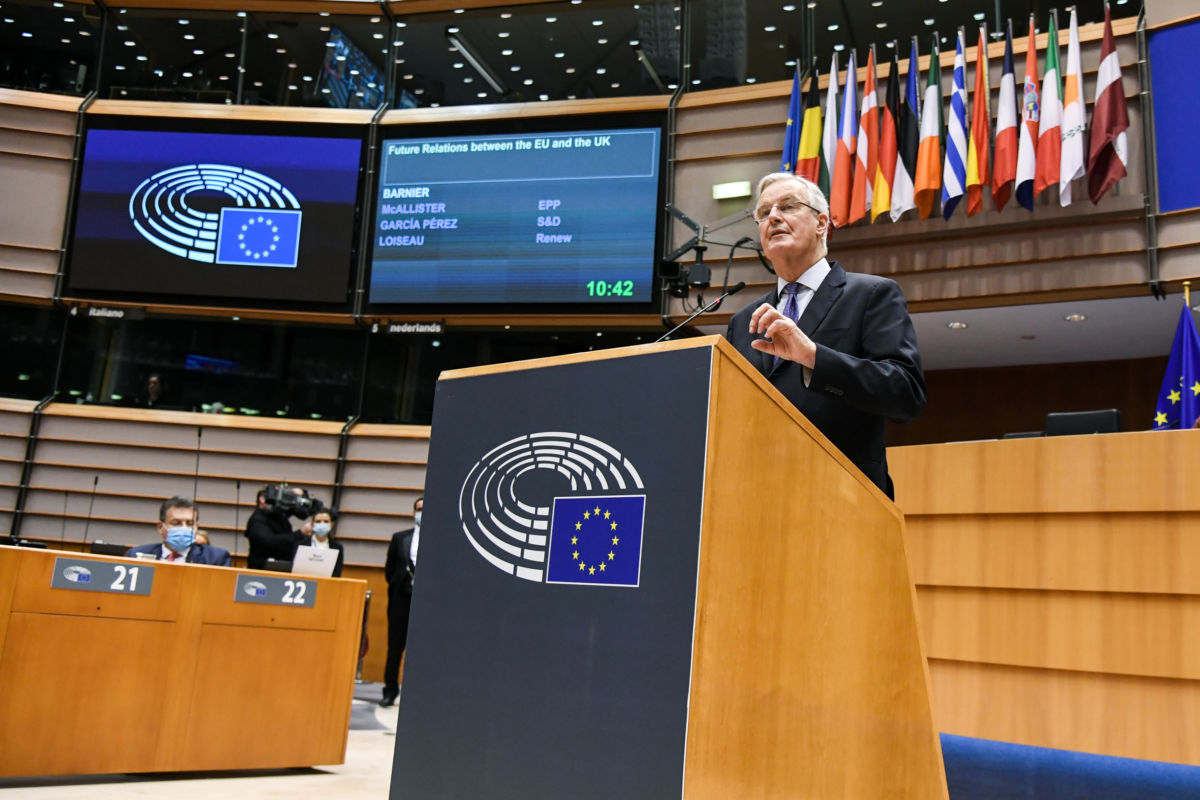Despite a 30-year-old Single Market, enforcement remains a key EU weakness, with national authorities largely in charge of implementing EU laws, with very few – and often scattered – EU competencies. EU laws that give people rights and ensure that businesses can trade freely and fairly across borders cannot be effective unless they are respected and enforced where necessary. When enforcement is weak, the credibility of institutions and the rules they implement plummets.
How can the EU be a role model and ‘rule’ the world (to quote Anu Bradford) if its laws do not actually deliver? This isn’t a new problem, of course. At least since the Volkswagen emissions scandal broke in September 2015, there is mounting evidence that enforcement mechanisms are often lax and insufficient when facing Europe-wide issues. This is in stark contrast to the US, which although it doesn’t have the same forecast-based controls as the EU, it does have a much more prominent litigation apparatus (e.g. with class action lawsuits and other mechanisms that strengthen deterrence).
This is why the next European Commission should include a dedicated Commissioner for Implementation and Enforcement.
New regulations equal more enforcement and implementation
Over five years, the von der Leyen Commission has proposed several potentially highly impactful EU laws. This intense regulatory activity is a result of having to try to shape Europe during a period of enormous challenges. The Commission has used its power to initiate regulation to try to forcefully turn the wheel, by fighting climate change and monopolistic digital markets, all with the aim to initiate green and digital transitions that benefit people, our societies, and our democracies.
Now that these laws have been adopted, the job is unfortunately only half-baked. The next Commission’s mandate will be decisive to ensure that they are fully transposed, implemented, applied, complied with, and enforced effectively. This is particularly true for the new legal framework of the Digital Single Market, such as the Digital Services Act, the Digital Market Act, the Data Act, the Cyber Resilience Act, and the AI Act. These laws have either become applicable very recently or will become so in the next two to three years. But are we sure that all these new rules and laws can be enforced in both an effective and orderly way?
Firstly, the ball is (mostly) in the Member States’ court. They need to build effective compliance and enforcement structures to ensure the proper functioning of these new laws. Most of all they need to establish new authorities, provide the necessary resources, and build expertise within their regulators and enforcement bodies.
Secondly, the Commission has been provided with extensive new enforcement powers. In what is the biggest shift of institutional competences in the EU’s recent history, it now holds exclusive enforcement powers, among other things, for the gatekeeper tech companies covered by the Digital Market Act, for very large online platforms designated under the Digital Services Act, and most recently for providers of general-purpose AI models under the AI Act. This shift is possibly in part due to the negative experience with the GDPR’s reliance on the principle that the lead enforcer is the authority in the trader’s country of origin.
Additionally, we see the Commission is also increasingly required to coordinate sector-specific enforcement networks composed of national enforcement authorities. Yet Member States haven’t shown much willingness to equip the Commission with the additional resources it needs to undertake its new tasks.
Thirdly, the increased levels of regulatory density and complexity require better coordination and cooperation among sector-specific enforcement bodies and networks, for example in the fields of competition, data protection and consumer law. However, we simply don’t have the necessary procedures for such cooperation and coordination in place.
A proposed portfolio of responsibilities
Overall, a new European culture and political commitment to effective enforcement is urgently needed. Ensuring that the recent regulatory push will successfully reshape our societies will be vital for the EU’s future. These laws must fulfil their objectives – and achieving this must be a key EU priority.
One important element for this would be to create a dedicated Commissioner tasked to ensure coherent, consistent, and effective implementation and enforcement of EU laws by the Commission itself and by Member States.
To date, within the Commission, the responsibility for implementation and enforcement is one of the manifold tasks of the President. The President is the only member of the College of Commissioners who has the authority to coordinate and ensure the enforcement of EU law, which focuses on infringement procedures. This system now seems outdated and too narrow in scope, given the enormous challenges ahead.
The new Commissioner for Implementation and Enforcement would have a rather broad menu of competences. They would oversee consistency in the transposition of Member States’ (new) enforcement structures, as well as ensuring the consistency of Commission legislative initiatives which propose new enforcement mechanisms.
On top of these core competences, they would also suggest measures to equip national and European enforcement authorities with the resources they need and establish a new impact assessment methodology for the lifecycle of legislation including enforcement.
Other tasks and responsibilities that would fall under their job description would be the establishment of a governance framework for industry self- and co-regulation, a proposal for a cooperation mechanism between enforcement sectors and the convening of a High-Level Group for Enforcement in the Single Market. This would advise the Commission and undertake a detailed mapping exercise of enforcement structures, to identify the strengths and weaknesses of Europe’s enforcement landscape. This High-Level Group would report directly to the Enforcement Commissioner.
The Commissioner would also oversee modernisation where necessary and oversee the complaints and assistance services (Solvit, Single Digital Gateway etc.) that EU citizens and businesses can turn to should they have questions or face problems with EU legislation.
Finally, a significant challenge to overcome is to make the issue of enforcement interesting and important. Indeed, it’s a boring and dry topic, but its relevance and importance must be highlighted to people.
Ultimately, nominating a dedicated Enforcement Commissioner would also send a strong political signal – that good legislation cannot just exist solely on the paper it’s written on, but that it must prove its worth and its value in the daily lives of citizens, consumers and businesses.
This Expert Commentary is part of a series that will be published prior to the CEPS Ideas Lab on 4-5 March 2024 to showcase some of the innovative ideas we’ll be rigorously debating with our participants. More info can be found on the official Ideas Lab 2024 website.






